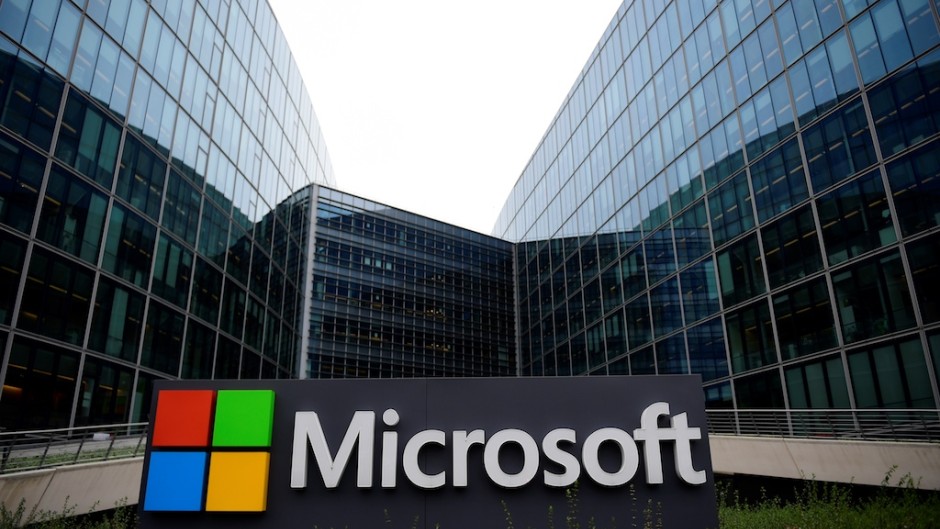SAN FRANCISCO - Microsoft lowered its cloud computing unit revenue forecast in a bookkeeping move, shifting money to its "productivity" software business.
The accounting change comes as investors are wary about whether the billions Microsoft and tech rivals are spending on artificial intelligence will help or hurt bottom lines.
Contacted by AFP, Microsoft said the change is intended to more closely align earnings reports with how the company operates when it comes to cloud services tied to its business computing unit.
In an update to investors, the tech giant said that it now expects Intelligent Cloud revenue to be between $23.80-billion and $24.10-billion in the current quarter, which runs from July through September.
This was compared with its prior expectations of $28.6-billion and $28.9-billion.
The revenue forecast for the "productivity and business" unit was raised to roughly $28-billion from $20.3-billion to $20.6-billion.
This division notably includes subscriptions to Microsoft 365 office software such as Word and Excel and a growing number of generative AI tools.
The accounting change also resulted in lowered revenue expectations at the personal computing unit.
The Intelligent Cloud business is one of Microsoft's fastest growing and most profitable segments, generating significant revenue from the rapid adoption of Azure and other cloud services.
It competes primarily with cloud platforms like Amazon Web Services, Google Cloud, and IBM Cloud, which are all offering generative AI services to attract customers and juice revenues.
Microsoft is among the major contenders in the race to build out artificial intelligence systems, pouring billions of dollars into the technology in the hope it will pay off.
The company founded by Bill Gates is keen to monetise generative AI, having moved the fastest to implement it across all its products, and having invested $13-billion into OpenAI, the start-up stalwart behind ChatGPT.
After the revenue update, shares in Microsoft were essentially flat in after-hours trading.
Microsoft last month reported strong quarterly earnings but saw its shares slip on figures showing its crucial cloud computing unit did not grow as strongly as expected.
Money brought in from cloud computing has driven blockbuster earnings quarter after quarter, and a hint that stellar growth may be slowing was enough to give investors pause.

